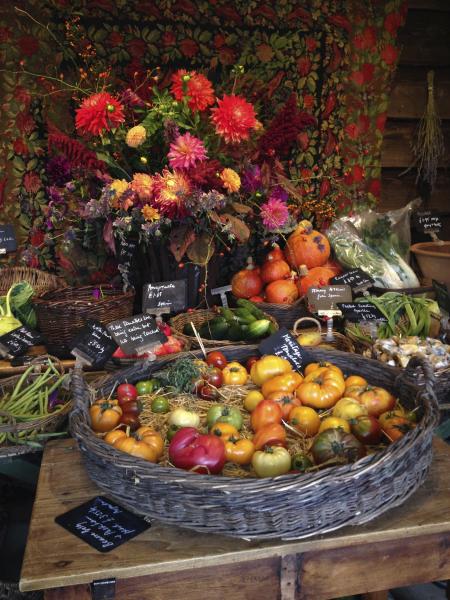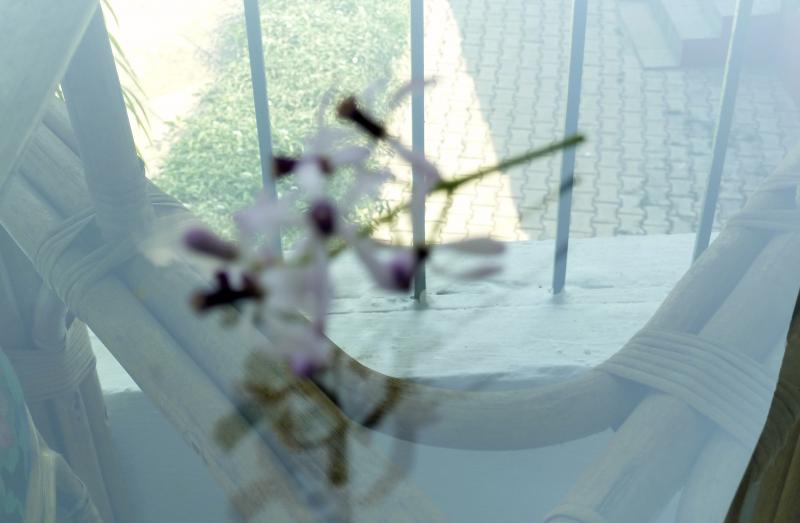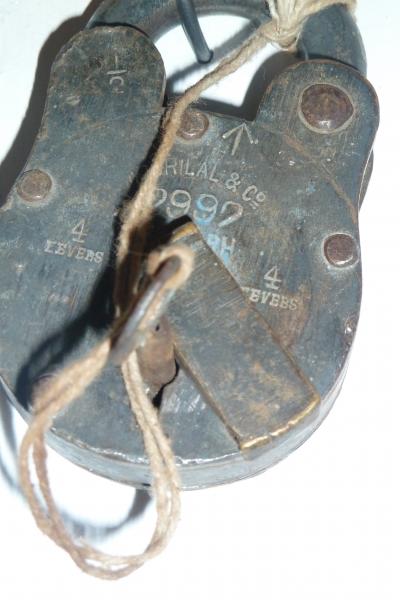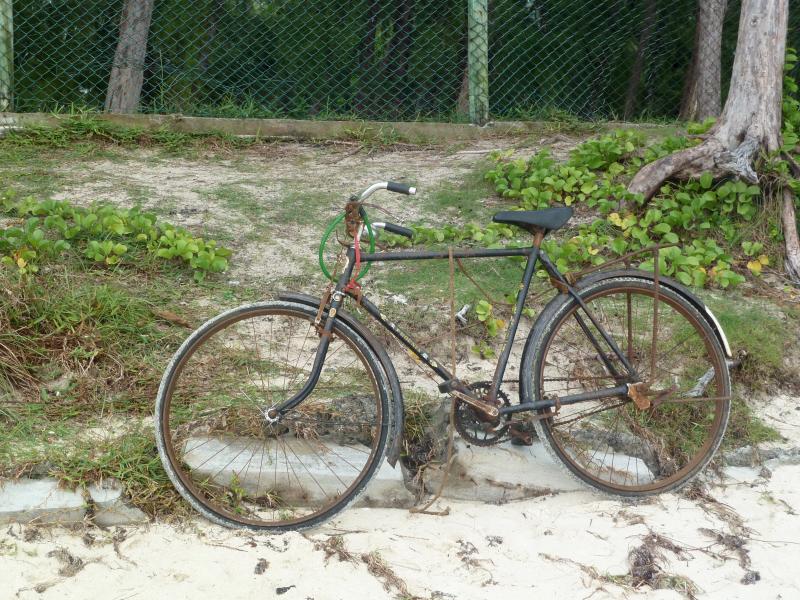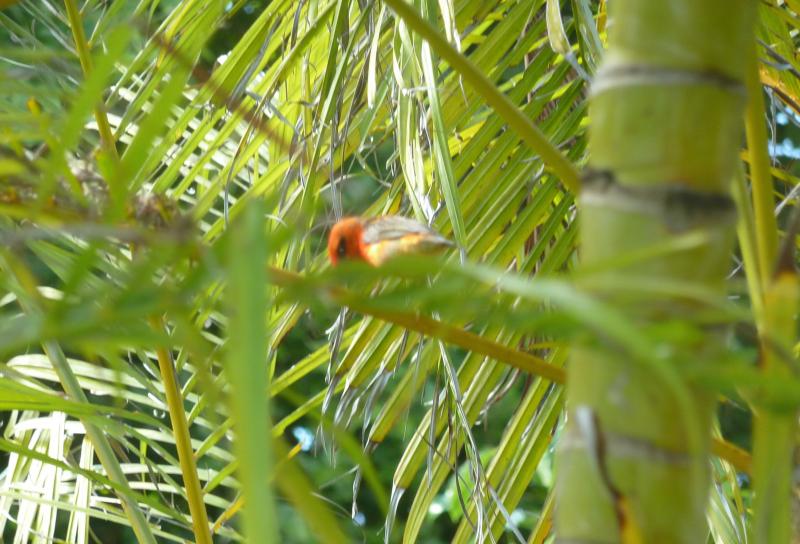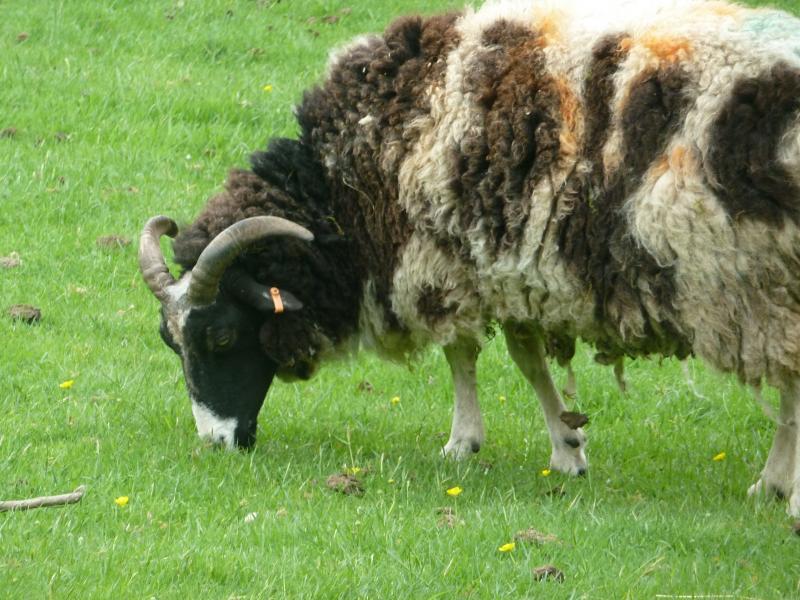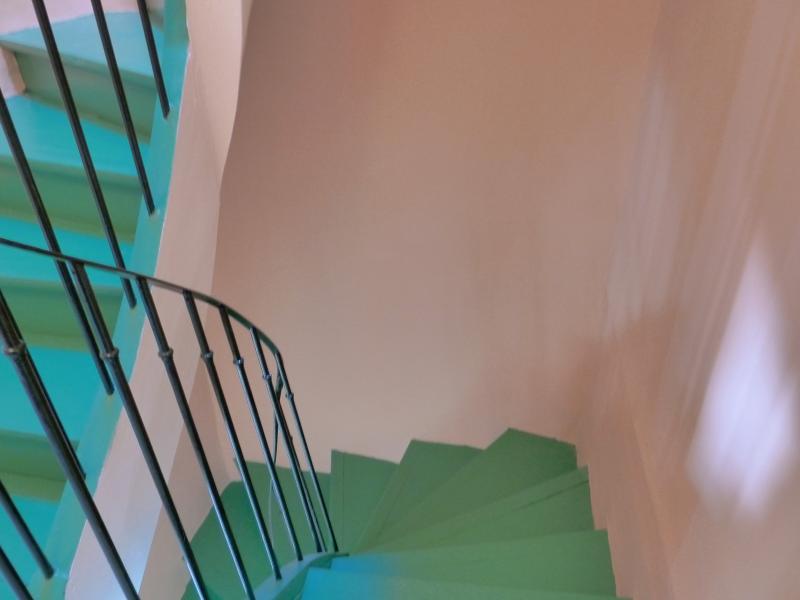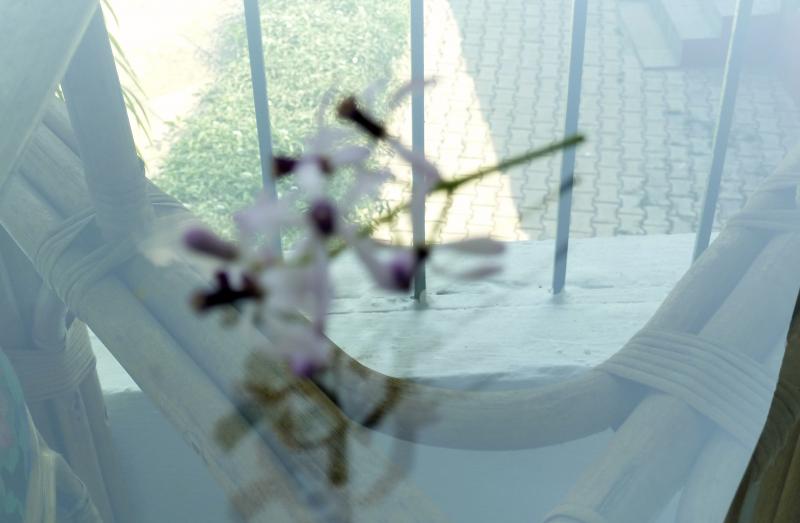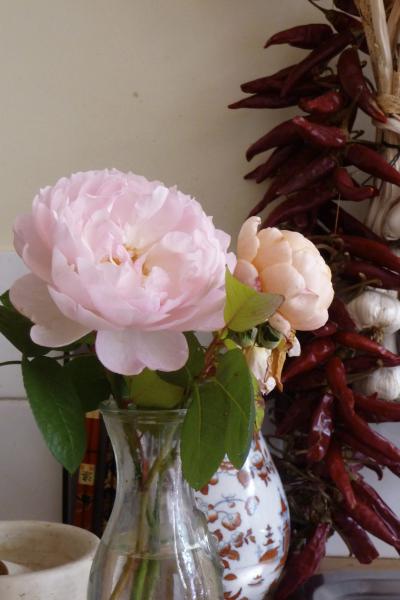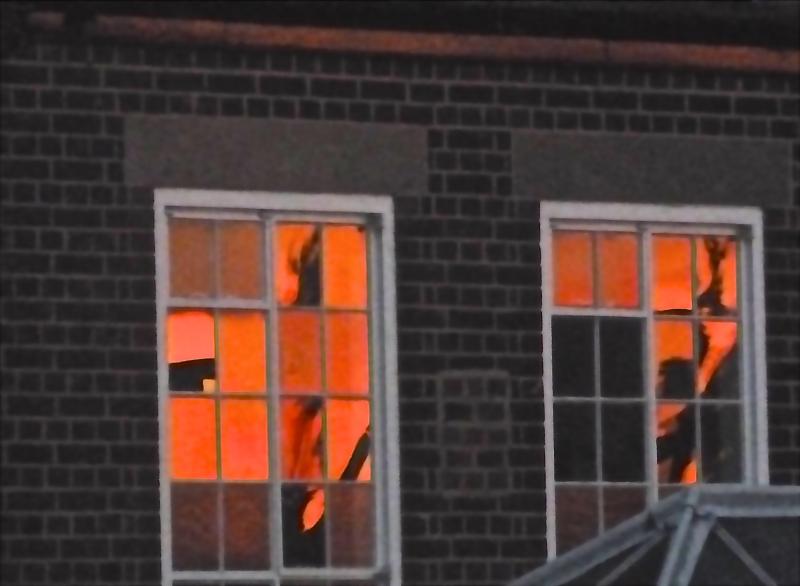
Everything is rotten in the state of India, but maybe not quite as black and white as it sometimes looks to the returning native.
We can only blame ourselves for our lazy, laid back, class ridden, caste riddled, feudal, corrupt, filthy society. The rupee has fallen by 20 percent (incompetent management at the top), investors are running in the opposite direction, growth has gone from 7.5 per cent to 4.4 percent in two years, rape is commonplace… and on and on. But, oh what a mighty thing is man and woman!
Mishri Lal and his wife Pamma have worked with my family for twenty years. He is a brilliant cook, she is a gentle, hardworking house maid. Neither can read or write. Yet, through their tremendous sacrifices and incredible hard work their three children are sure to enter the privileged level of the educated, skilled lower middle-class of India. The two boys and their sister will not be the hewers of wood and carriers of coal, but have proper salaried jobs.
I’ll start with Pamma, whose given name is Phoolmata (mother of flowers) and whose guesstimate age is over 40. She gave the name of her birth village as Aaskikal, population around 600 in deepest Uttar Pradesh, with the only source of water being boreholes.
Here she looks like frightened rabbit, but she is gentle, kind, obliging and very hard working.
Married at 14, her language is Bhojpuri, an ancient rural dialect of Hindi spoken in Uttar Pradesh. I can hardly follow it. She left Aaskikal (at least that’s what I think she said!), the tiny village of her birth (population 500) to be married off to Misrilal. She has five siblings- Hariram, Kisoram, Krishna, Khushunta, Shivpati and all, save her, had an education at the local village school, where doubtless the schoolteacher drew a government salary but absented himself when he felt like it.
Even though their water was pumped from a borehole, they grew various grains, maize, rice, peas, dals, mango, ber, babbur and guava in their 10 acres. Milk was bought from a neighbour’s cow.
Her husband gave a very detailed geographic description of his place of origin: Mukhinpur Hareenpura, P.O. Tehsil Bikkapur. It takes 24 hours to travel to his 5 acre homestead, in a village that has a population of 2,000 which inhabit 60-70 houses. After getting to Faizabad (the town) they have to travel another hour to get home. Twenty miles away is the river that he calls Ayodhya, but which is probably a tributary of the Ganges. He was born in 1964 and left the village in 1980 and has been working for my mother for 20 odd years. Misri is profoundly deaf, but full of good humour and a very good cook. In the old days when a cook presented himself for a job he would hold out at least a dozen testimonials, many from departing British colonials. These praised the cook’s genius at caramel custard, chops, cakes, cutlets , “istews”, roasts. Misri came with nothing but, trained by my mother and me, cooks with delicacy and has a wide repertoire. His soups are wonderful (carrot and orange, minestrone, mulligatawny, leek and potato and so on) but he can’t do cakes.
His idea of humouring my mother used to be lightly slapping her on the arm (when she was more robust) and telling some very odd joke that only made sense to him. Now, both he and his wife Pamma are mindful of my mother’s fragility and are busy all day making tea, nimbu pani, little snacks and trying to get her to cheer up.
But here are their three children, all of them poised to enter the lower rungs of the consuming class. Babloo is hoping to go into the Army, Surinder is bright enough to go to college and Manju has taken courses in computing and sewing and wants to train to be a teacher.
They are healthy and strong and have been living with their parents, away from the village and its absent teacher. When Misrilal and Pamma go back to the good water and clean air of their village and their land- as they are keen to do- perhaps only Manju will return with them.

Manju
Her mother says she will not marry off her daughter in a hurry and the right boy has not made himself known so far.
Satviri (bottom left, below) is shelling pine-nuts and pistachios for me to pack in my suitcase. My brother brought back quantities from Kabul and I bagged half. It’s a very tedious job, but Satviri, Pamma and Meena completed it in record time without a grumble.
Satviri mops the floors and does the bathrooms. She is 34 with 3 children- Varun (15), Tarun (12) and Shika (10). Her father was in the Army and her mother gets her widow’s pension of Rs 12,000 every month. Satviri’s family caste is Mali (gardener) and they originate from Bulandshahr in U.P. She threads garlands of rose, marigold and jasmine for the temple every morning before going to work.
Her brother Anil is another pious, very hard working young man. He has about 10 jobs and started at 12 years of age by washing cars. Four of his friends have zoomed to giddy heights and left to work in the States and Germany for internet companies like Google and Facebook.
Then there is Meena, who has lasted more than six months with my demanding and fussy mother. She is a trained nurse, widowed at 17 with three boys. She is with my mother all day until 6.30 pm after which she does a night shift (napping a little on a chair) at a private hospital in Delhi. She is only 43, a beautiful Bengali Barua lady from Siliguri in Bengal, with the characteristic cheekbones and slightly Mongol eyes of her caste. The Baruas are legendary for their culinary skill and a Barua cook was someone to boast about in any household that could afford to employ him (they were always male). Meena is clever, tactful and skilled at knitting, massage and many other crafts.

Meena and Pamma
How lucky is my mother and our family to have these wonderful people working for us.













